The Israeli military allowed a small group of international journalists, including NPR's Daniel Estrin, to enter the Gaza Strip on Wednesday, nearly one month into the ceasefire. This marked the first time Estrin had entered Gaza after two years of war. The group stood at the edge of an Israeli military outpost, looking out at what used to be the bustling Shujaiya neighborhood outside Gaza City, which was the scene of fierce fighting during the conflict.
Estrin described the scene as "utterly quiet" in a place once known for its high population density. He noted that the neighborhood had been destroyed, with buildings reduced to rubble and debris scattered everywhere. "It's a reminder of the devastating impact of war on civilians," Estrin said.
The Israeli military's decision to allow international journalists into Gaza comes as the international community continues to call for greater access to the territory. The United Nations has expressed concern about the humanitarian situation in Gaza, where thousands of people have been displaced and many more are in need of aid.
The conflict between Israel and Hamas, the militant group that controls Gaza, began in May and has resulted in significant damage to infrastructure and loss of life. The war has also had a profound impact on the local economy, with many businesses and industries severely affected.
The Israeli military's decision to allow international journalists into Gaza is seen as a step towards greater transparency and accountability. However, some critics argue that the restrictions on access to Gaza remain too tight, limiting the ability of journalists to report on the situation on the ground.
As the international community continues to call for a lasting ceasefire, the situation in Gaza remains precarious. The Israeli military has maintained a presence in the territory, and the humanitarian situation remains dire. The international community will be watching closely to see how the situation develops in the coming days.
In a statement, the Israeli military said that it had allowed the group of journalists into Gaza as a "gesture of goodwill" and to allow them to report on the situation on the ground. However, the military also emphasized that the restrictions on access to Gaza remain in place for security reasons.
The situation in Gaza is complex and multifaceted, with many different perspectives and interests at play. As the international community continues to grapple with the aftermath of the conflict, it is clear that a lasting solution will require a sustained effort from all parties involved.
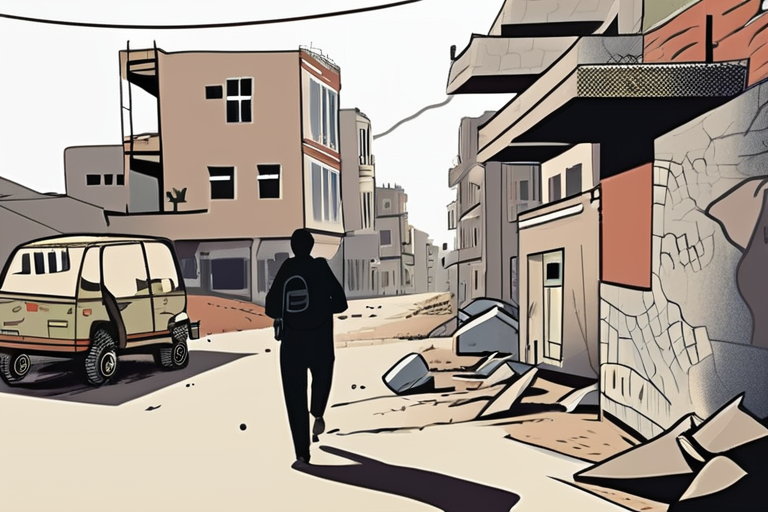


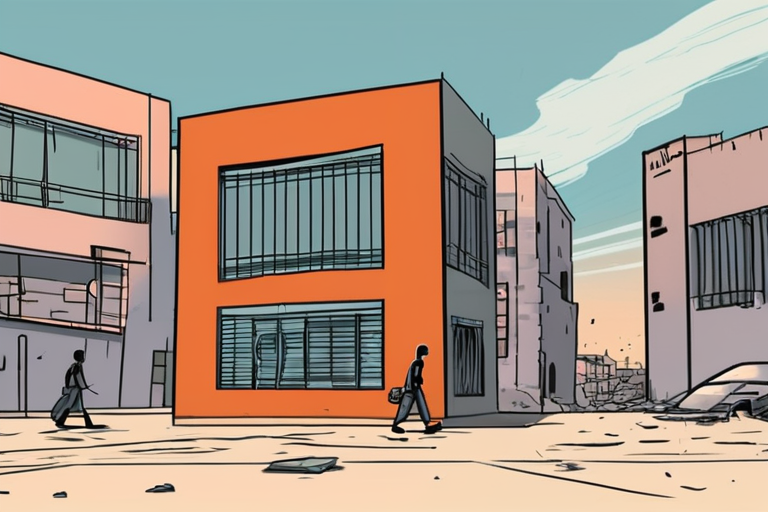
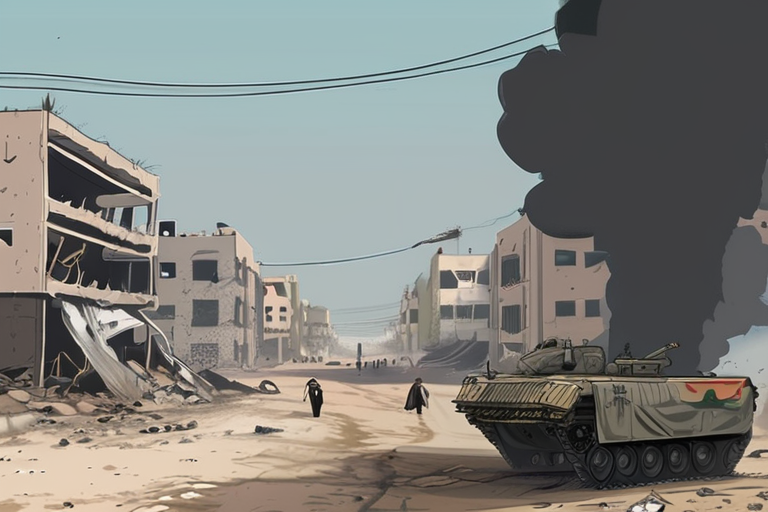
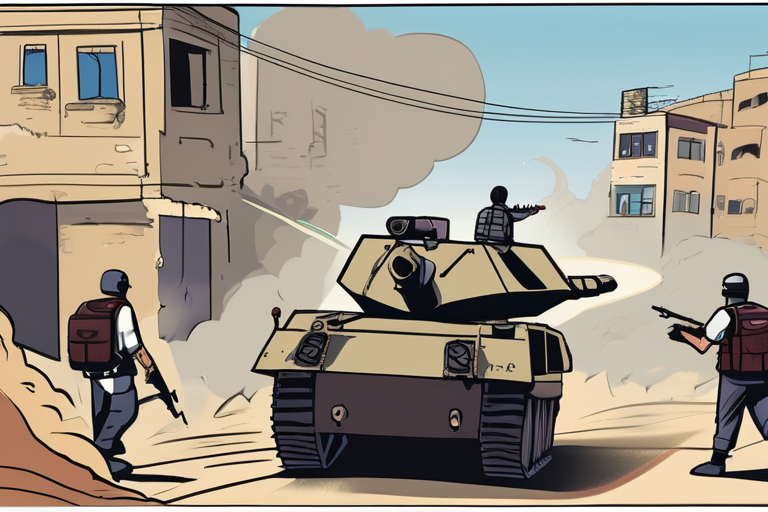
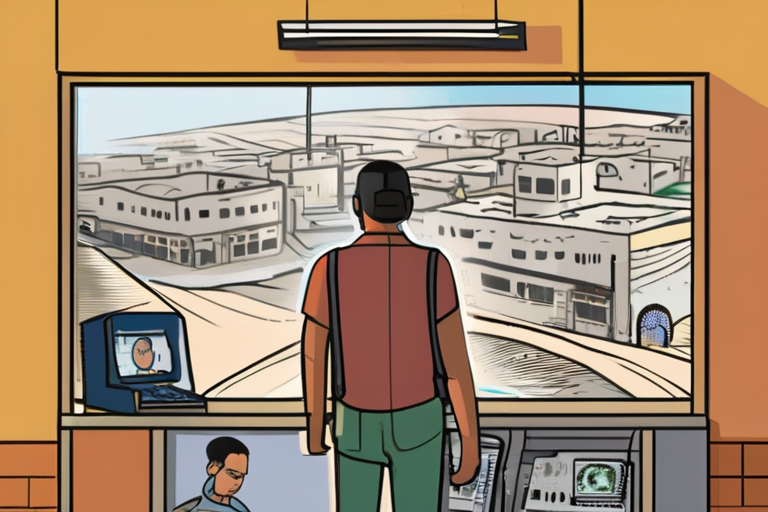
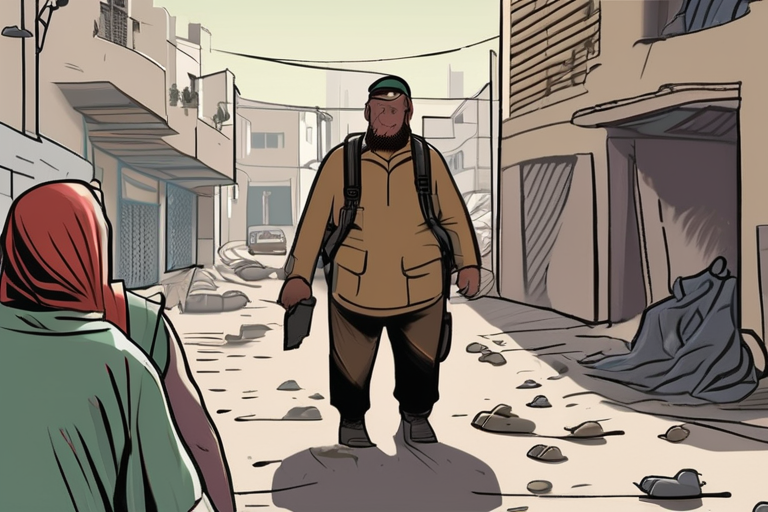
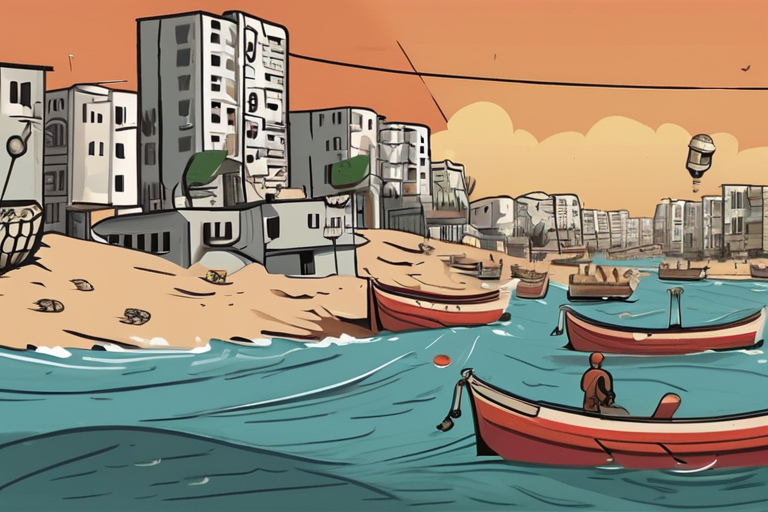
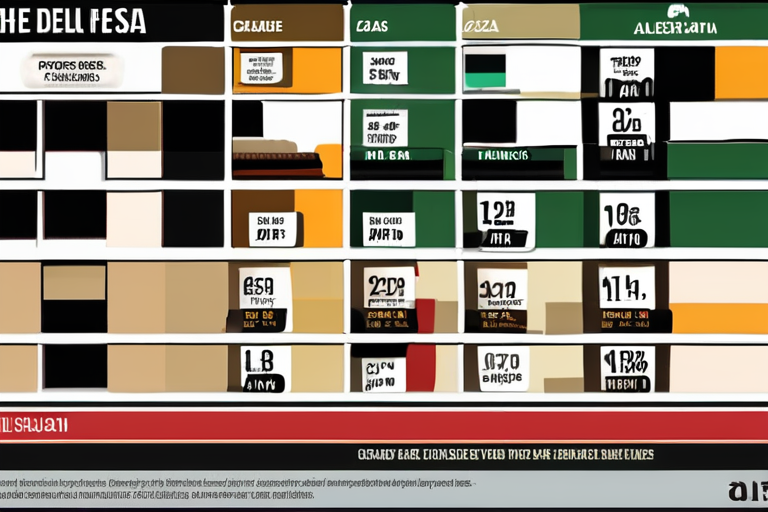

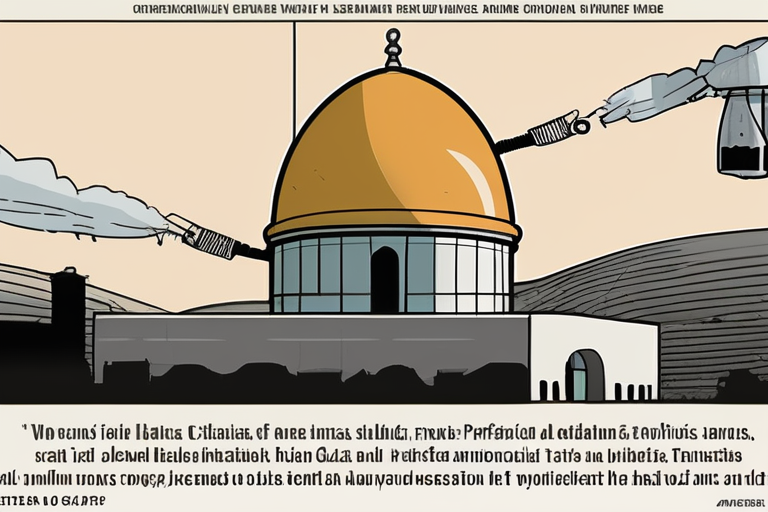
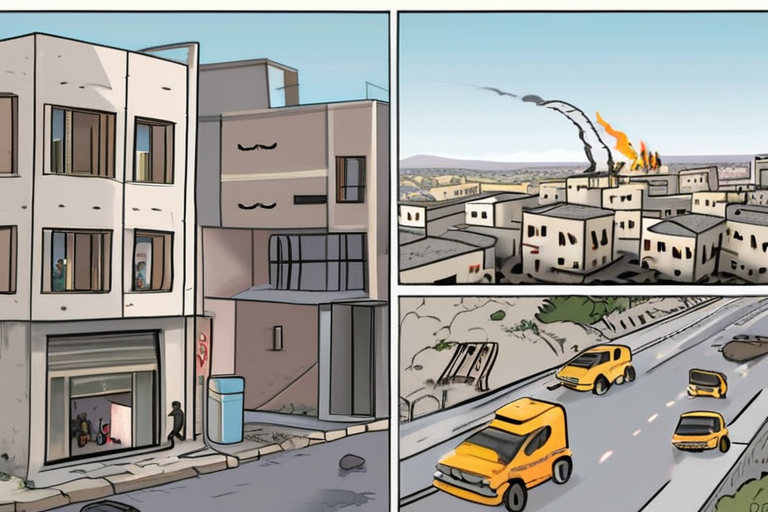
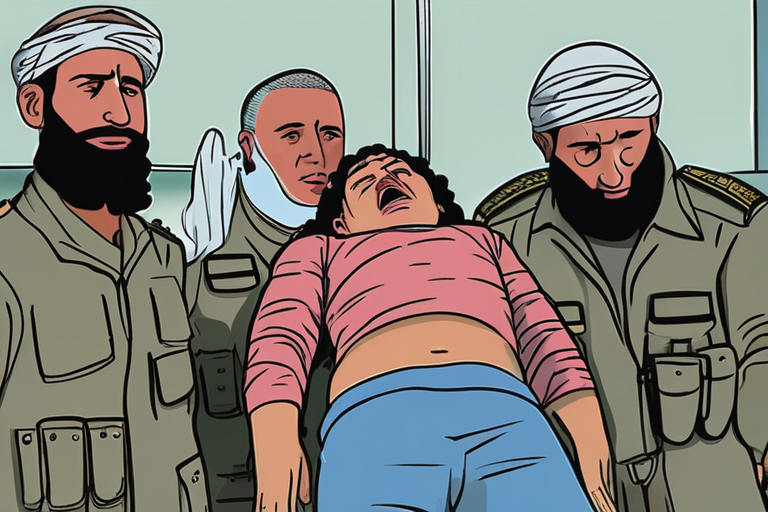
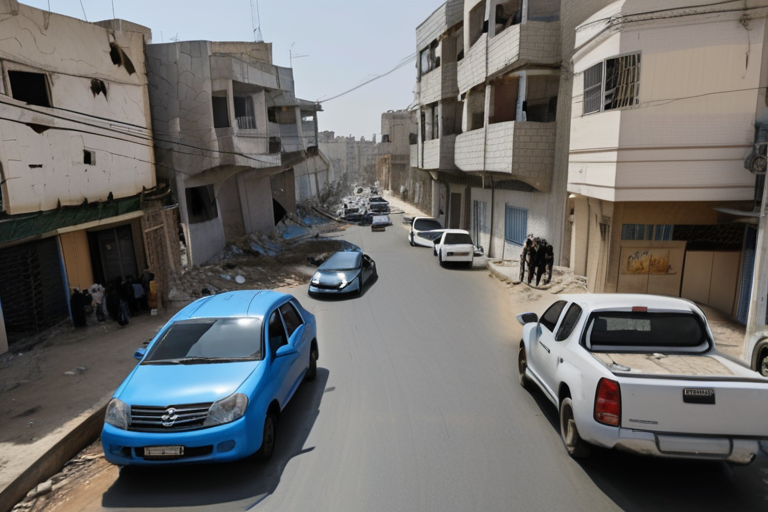
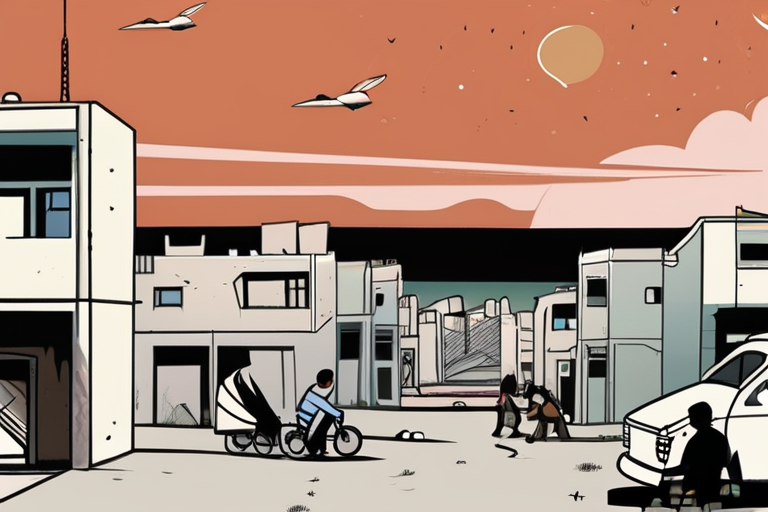
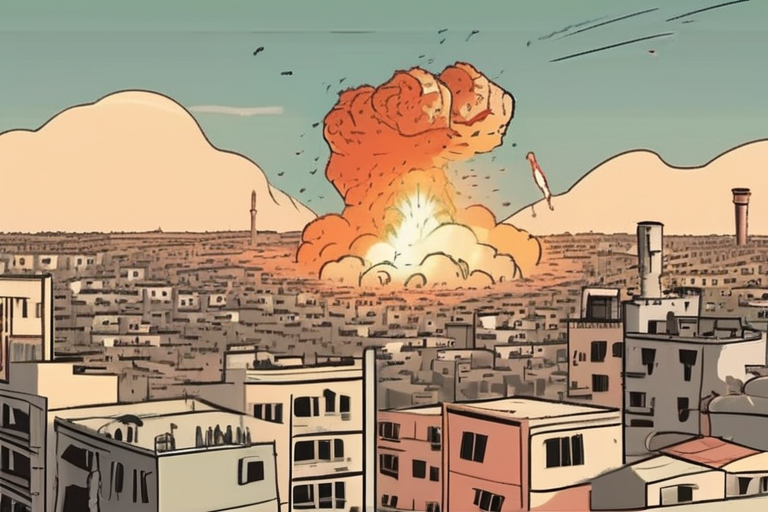
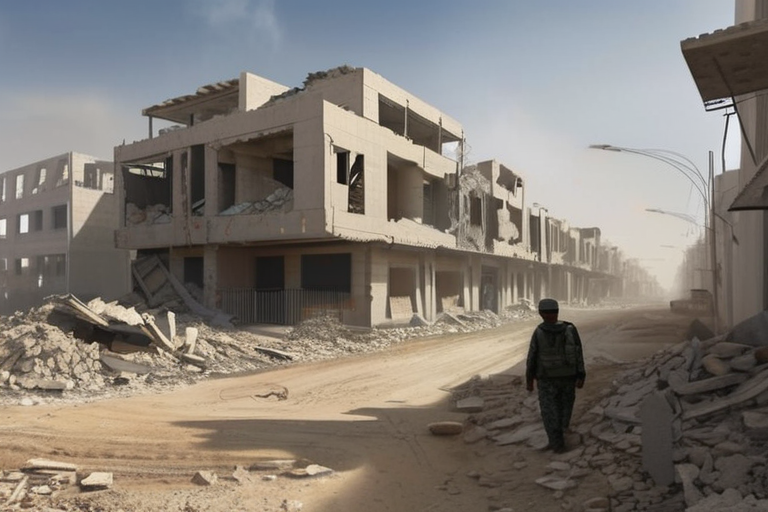
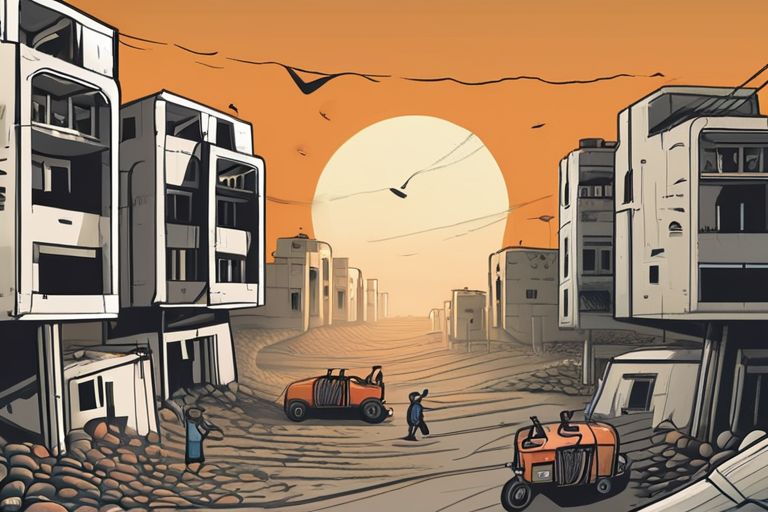
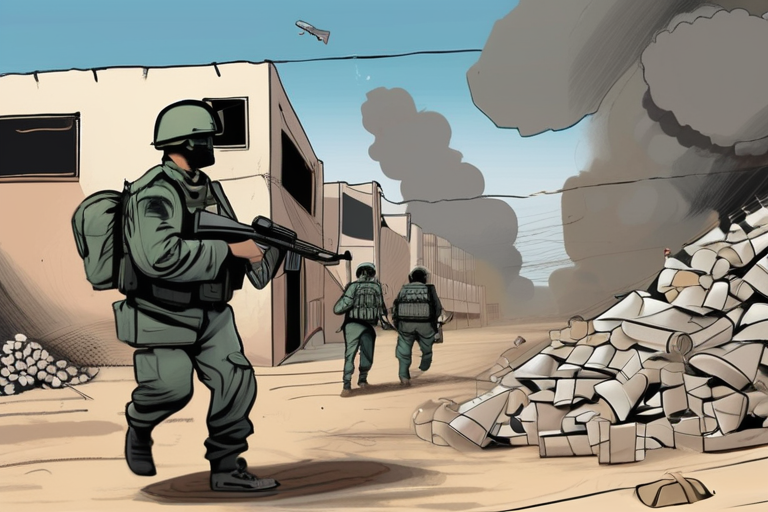

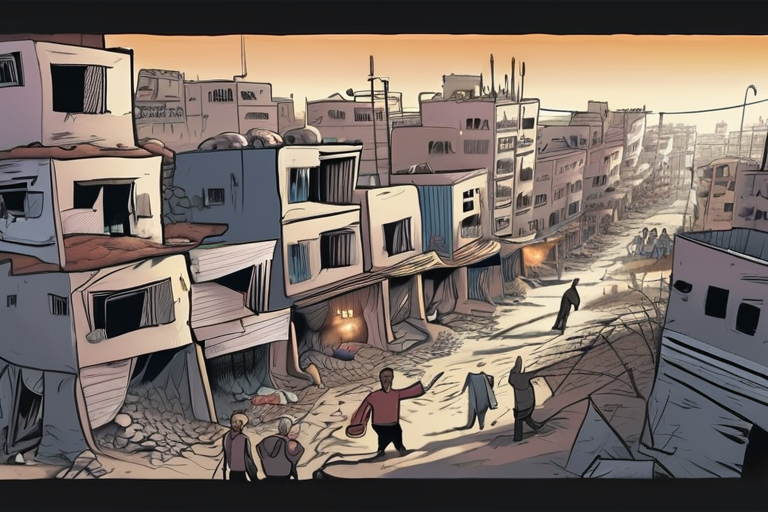
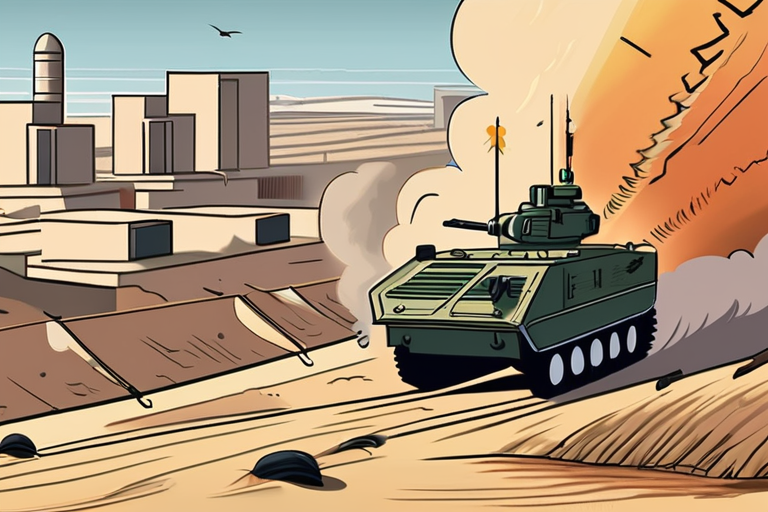
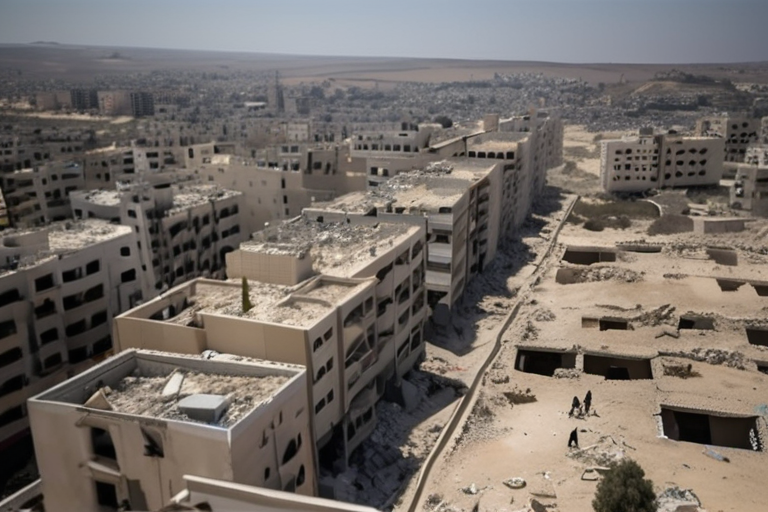
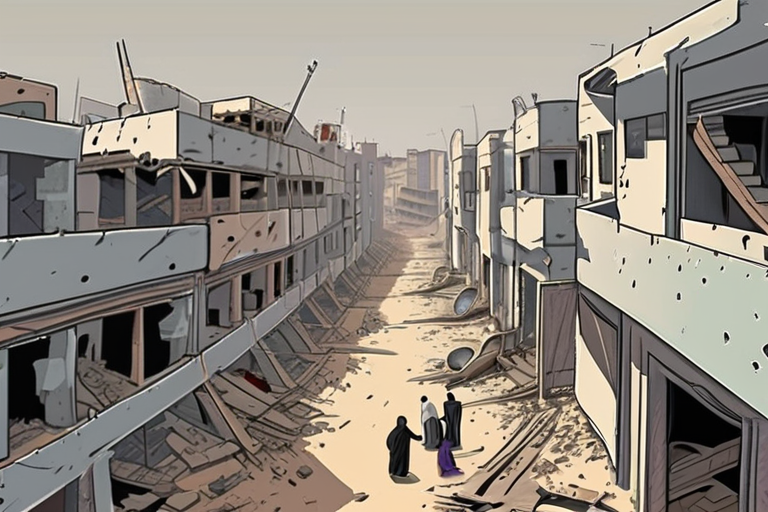
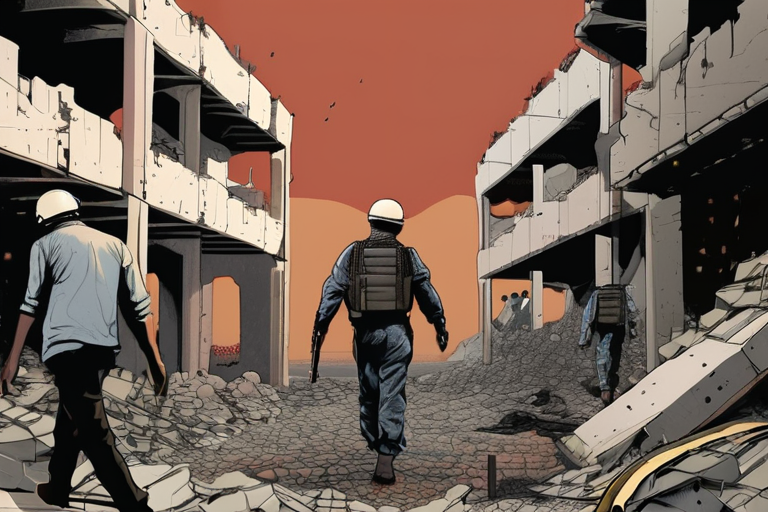
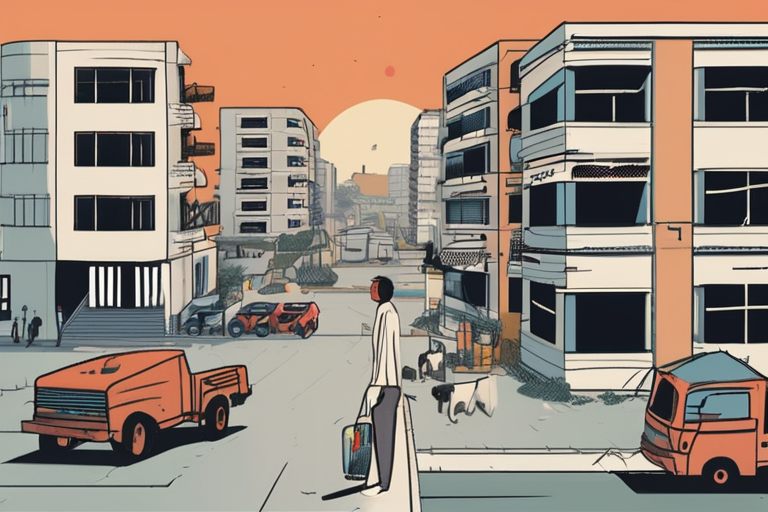
Share & Engage Share
Share this article